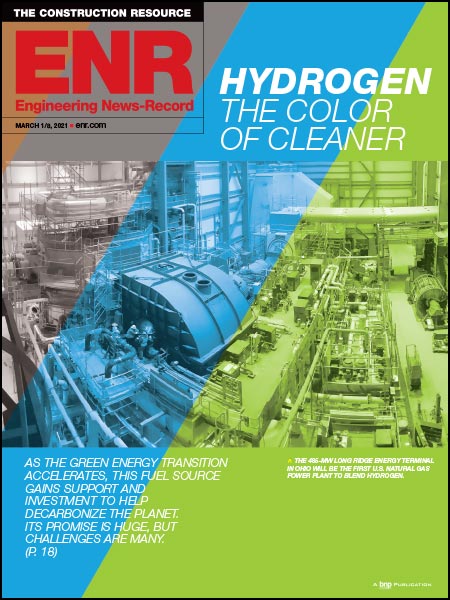Comprehensive energy legislation has gained momentum on Capitol Hill, with House passage of a package of policy changes and tax breaks that include measures aimed at speeding construction of natural gas pipelines and electricity transmission lines, boosting nuclear power and opening a portion of the Arctic National Wildlife Refuge to oil and gas drilling. The vote on April 21 was 249 to 183.
 |
| Barton was bill's prime mover (Photo by House Energy and Commerce Committee) |
House Energy and Commerce Committee Chairman Joe Barton (R-Texas), the bill's prime mover, said the legislation "will lower energy prices for consumers, spur our economy, create hundreds of thousands of jobs and take unprecedented steps to promote greater energy conservation and efficiency."
President Bush urged lawmakers to act on the legislation. In an April 20 speech, he said, "Members of Congress can send an important signal that they are serious about solving America's energy problems by getting a bill to my desk before the summer recess."
The next step would be action in the Senate, where Energy and Natural Resources Committee Chairman Pete Domenici (R-N.M.) says he plans to have his panel vote on an energy bill in May and hopes to have floor action by early summer.
Bush has sought an wide-ranging energy bill almost since the start of his first term, but has been unable to get lawmakers to close the deal. In late 2003, the House and Senate had approved bills but a final compromise version failed to pass in the Senate. Factors behind the measure's downfall included Senate opposition, including from some Republicans, to liability relief for makers of the gasoline additive MTBE and to the overall size of the bill, estimated at about $30 billion. Before passage of the bill, the House defeated a proposal from Rep. Lois Capps (D-Calif.) to strip out the measure's liability protection for MTBE producers. Capps' amendment failed on a 219-213 vote.
But this year's version is slimmer than the 2003 model, partly because legislators stripped off some tax breaks and other provisions and attached them to other bills that passed last year.
Environmentalists continue to criticize the bill, because of its ANWR provision and also because they feel its $8 billion in tax breaks over 10 years lack enough conservation incentives. But those groups may find a more receptive audience in the Senate and could get an assist from the administration. In an April 20 statement that is generally laudatory about H.R. 6, the House bill, the Office of Management and Budget notes, "The administration...is concerned about the significant direct and potential cost of H.R. 6."
OMB says the House bill's tax breaks exceed the $6.7 billion Bush proposed and adds that the legislation lacks "the President's proposed tax credits for renewable power sources such as wind and landfill gas, for businesses that invest in combined heat and power property, or for hybrid and fuel-cell vehicles."
The tax provisions also include reducing the depreciation period for natural gas distribution lines to 15 years, from 35 years now, and cutting the period for writing off "electricity transmission assets" to 15 years from 20. The legislation also expands the five-year writeoff for powerplants' pollution-control facilities to cover plants built before 1976.
Among other key construction-related provisions, the House measure has several incentives for nuclear power, including an extension of Price-Anderson Act indemnification for nuclear contractors through 2025. The liability protection now is slated to expire at the end of 2006.
In the electric utility area, the measure sets mandatory standards for electricity reliability. It also would allow federal officials to issue permits to build transmission lines in "national interest electric transmission corridors." The Dept. of Energy would issue a single environmental review for transmission projects. In addition, the bill would repeal the 1935 Public Utility Holding Company Act.
The legislation also establishes new energy-efficiency standards for federal buildings.
The House version would open a portion of ANWR to energy exploration. Bush said that the Interior Dept. estimates that one section of that Alaska refuge could provide more than 10 billion barrels of oil.
Although gasoline prices have risen sharply in recent months, Bush conceded that the measure "wouldn't change the price at the pump." But he contends, "It will make our supply of energy more affordable and more secure for the future."


Post a comment to this article
Report Abusive Comment